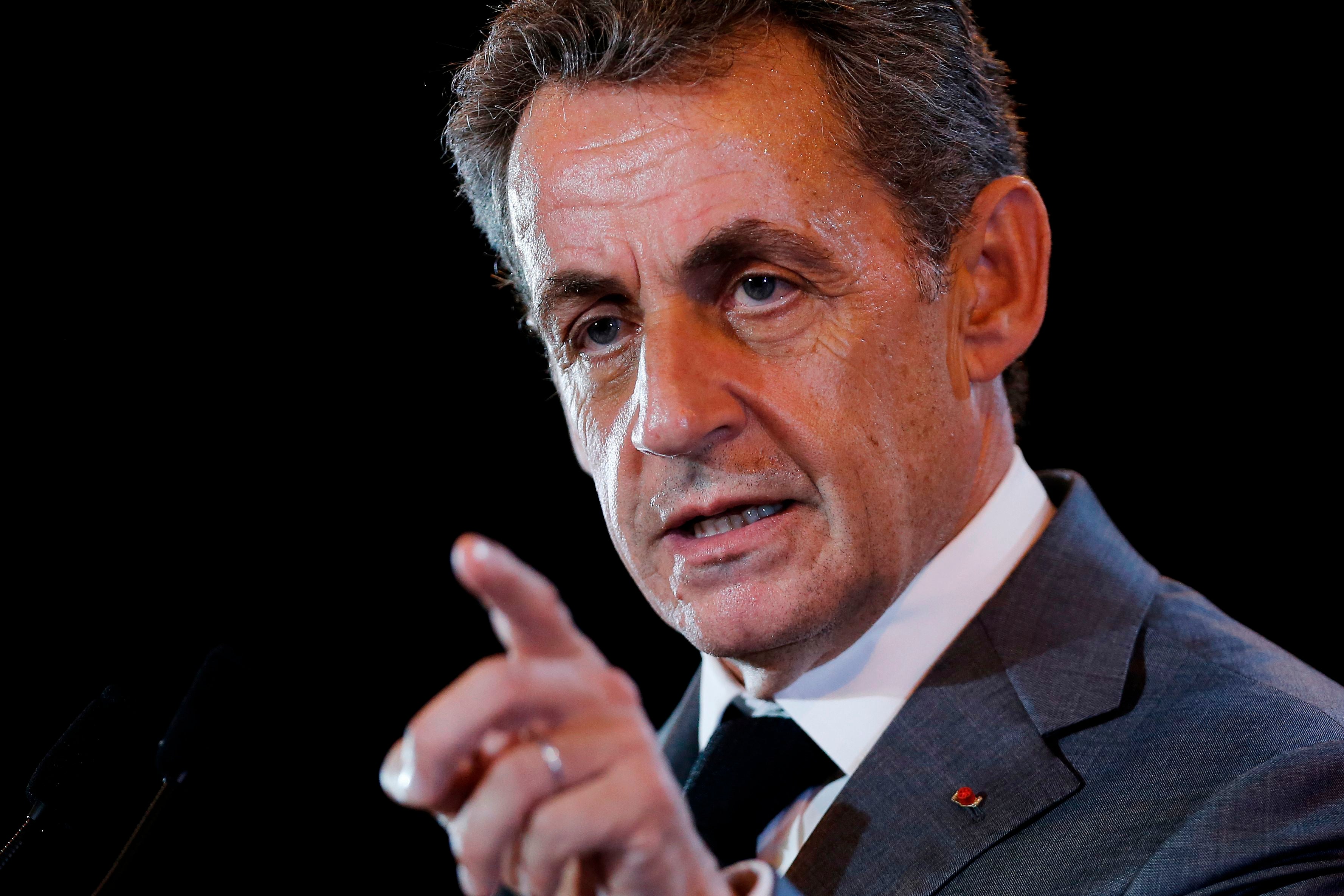Nicolas Sarkozy in racism row after suggesting people can’t say ‘monkey’ anymore due to book renaming
Former French president appears to reference controversial Agatha Christie novel on TV show

Former French president Nicolas Sarkozy has been accused of racism after complaining that people are not allowed to use the word “monkey” anymore following the renaming of a classic novel to remove a racial slur.
In a discussion on a television programme called Quotidien, Mr Sarkozy criticised “elites” who he said were “like monkeys who listen to no one”.
Then, in a rambling rant, the 65-year-old said: “I no longer know, do we have the right to say ‘monkey’.
“Because… we no longer have the right to say… What do we say? Ten Little Soldiers now?”
“We perhaps have the right to say monkeys, without insulting anyone,” the former president added.
Mr Sarkozy appeared to be referencing the Agatha Christie novel And Then There Were None, which was originally published in 1939 with the title Ten Little N****** after a minstrel song that features prominently in the book’s plot.
The novel has been referred to as Ten Little Indians or And Then There Were None in the UK since at least the mid-1980s, with references to the racial slur removed.
However, other countries have been slower to change the book’s name, with the title only changing in France this year.
His remarks were quick to draw criticism from political foes.
“Beyond the debate on what we have the right to say or not. Will he [Mr Sarkozy] understand that the most annoying part of this sequence is the speed with which his brain associates the word ‘monkey’ with the word ‘n*****’?” Adrien Quatennens, a politician for the La France Insoumise party, wrote on Twitter.
Olivier Faure, first secretary of the French Socialist Party, described Mr Sarkozy’s comments as “racism without a mask”.
The former president was accused of appealing to racist sentiments in 2015 when he singled out two non-white ministers in a largely white government for accusations of incompetence.
The then-ruling Socialist Party criticised Mr Sarkozy over his decision to target Najat Vallaud-Belkacem, a Franco-Moroccan education minister, and Christiane Taubira, a justice minister.
Although Mr Sarkozy did not use explicitly racist language, Socialist Party leader Jean-Christophe Cambadelis said his criticism had “a certain connotation”.
“This attack is slightly xenophobic, I believe,” Mr Cambadelis told RTL radio at the time.
Sarkozy was elected as French president in 2007 but served just one term before being voted out in 2012.
He has subsequently retired from public life and rarely makes media appearances.
It was reported earlier this year that he is set to stand trial on corruption charges related to his presidential election campaign.
Join our commenting forum
Join thought-provoking conversations, follow other Independent readers and see their replies
Comments
Bookmark popover
Removed from bookmarks